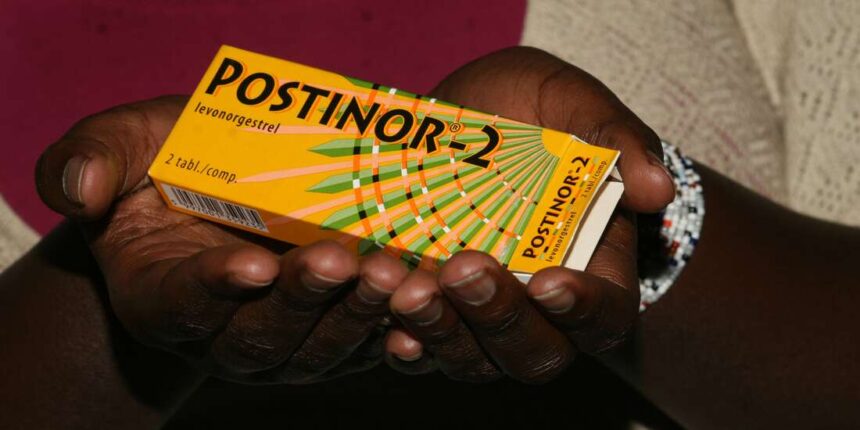In the past few years, the spread of HIV/AIDs among youths between the age of 15 and 24 in Tanzania has gone up.
About 28% of new HIV cases are from youth within that age group, said TACAIDS Monitoring and Evaluation Officer, Nyangusi Laiser earlier this month.
These infections are somehow associated with using emergency contraceptive pills, as the youth are more scared of getting pregnant, forgetting that there are sexually transmitted diseases.
Postinor-2 (P2), Morning after pill, Plan B or any other name you call it, is an emergency contraceptive pill and will not protect you from getting STI’s and sometimes from conceiving.
For P2 to work, it needs to be taken correctly to avoid its long-term effect.
The wrong usage of P2’s amongst young girls and women is due to a lack of awareness about the pills. The proper dosage of the medicines is for emergency contraceptives, not as a conventional birth control option.
P2’s are supposed to be taken within 72 hours of having unprotected sex which lowers the risk of getting pregnant. The sooner you take the pill, the better it will work.
There are a few options where P2 should be considered;
Either a condom broke or slipped o after your partner ejaculated, made a mistake with your regular birth control pill, partner didn’t pull out on time or in rape cases.
Frequent use of P2 could lead to irregular cycles, so it is not advised.
Some pharmacists suggest that one avoid using the pill every month and consider using it every six months to avoid any risks in one’s menstrual cycle.
To avoid risking getting HIV, one should always consider having safer sex. Safer sex equates to having sex with one partner. If it is unprotected, then both partners should test for STI’s beforehand.
It would be best to consider using condoms to lower the risk of getting both STDs and pregnancy.


